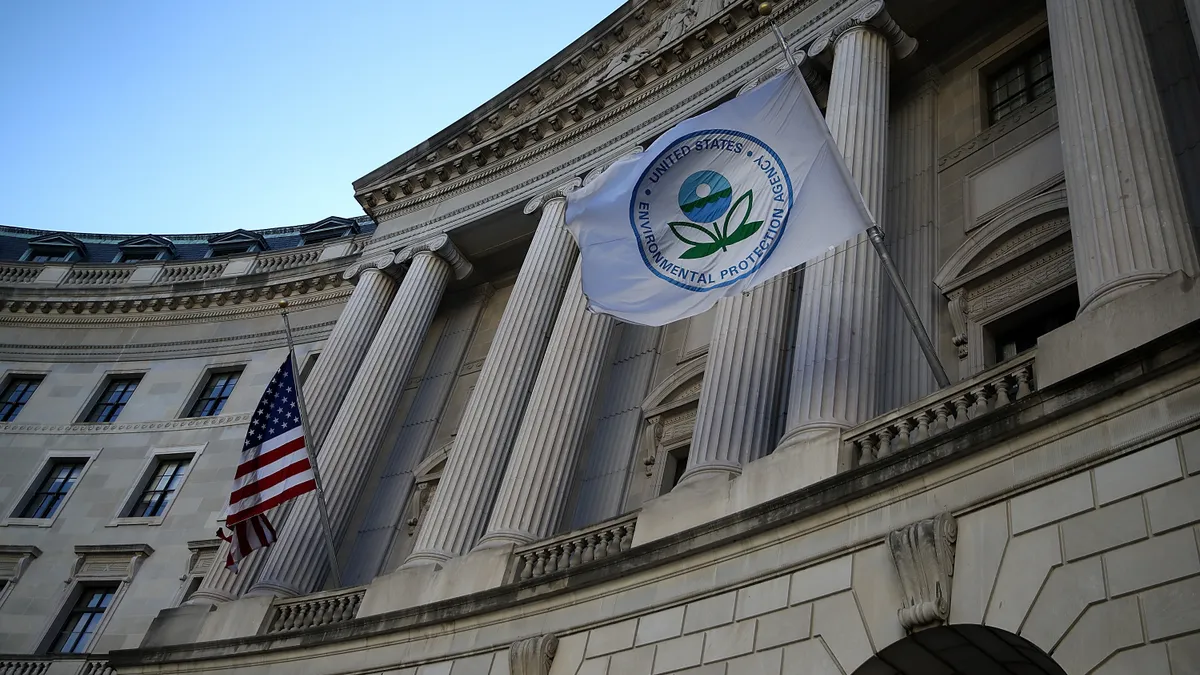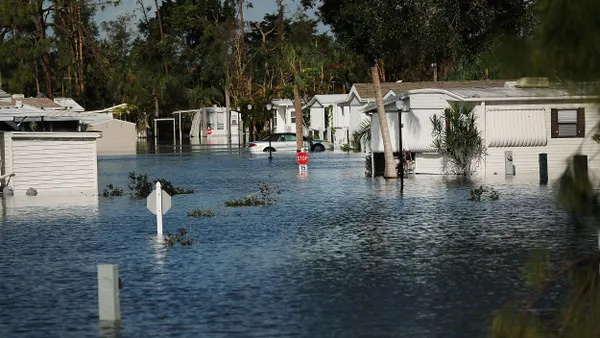The public can now access an online library of environmental justice-related resources through the U.S. Environmental Protection Agency’s Environmental Justice Clearinghouse unveiled last week. The purpose of the searchable library is to make it easier and more efficient for advocates and stakeholders to access resources that could propel their work, according to the EPA.
“Everyone interested in environmental justice will be able to find resources on one website,” Jalonne White-Newsome, federal chief environmental justice officer for the White House Council on Environmental Quality, said in a statement.
The library includes over 200 resources including available funding opportunities, screening and mapping tools, federal research and guides and information about organizations with specific subject-matter expertise. The National League of Cities’ sustainability director, Peyton Siler Jones, said in an email that the Clearinghouse “offers a navigable set of useful resources that municipal leaders can use to inform their planning, policy, and funding to center environmental justice in their climate work.”
Siler Jones said that the information in the database makes an “excellent start” at providing cities, towns and villages with the variety of resources they need for environmental justice work.
The Biden administration says it has made environmental justice a central part of its agenda and is doling out billions of dollars for local projects. The Clearinghouse, established through an executive order signed in April 2023, builds upon that work. “President Biden tasked the entire federal government with breaking down barriers to resources and information that help communities pursue environmental justice,” White-Newsome said.
The resources currently in the online library are based on submissions from federal agencies, but the EPA hopes to add to the library on a rolling basis with suggestions submitted by the public.
“It will only be made stronger with suggestions from the American people,” Theresa Segovia, principal deputy assistant director for the EPA’s Office of Environmental Justice and External Civil Rights, said in a statement. Submissions must be free, publicly available and link to a non-editable document like a PDF or website.
“The opportunity to provide feedback here will allow the tool to evolve over time to address the needs of diverse stakeholders,” Siler Jones said.












